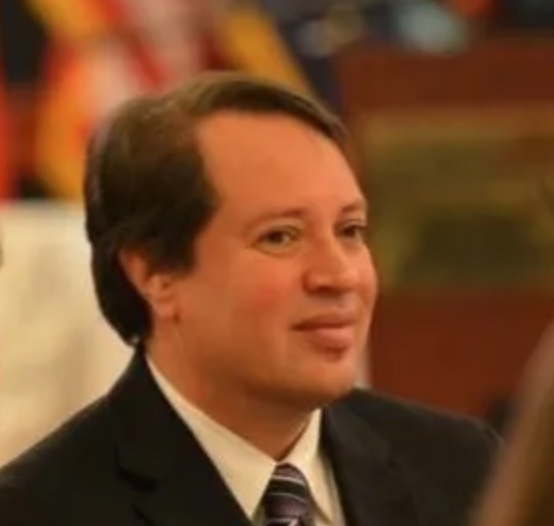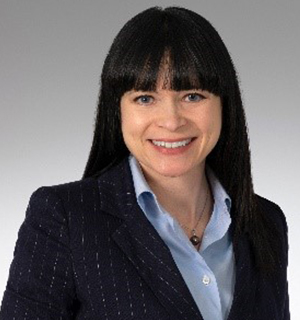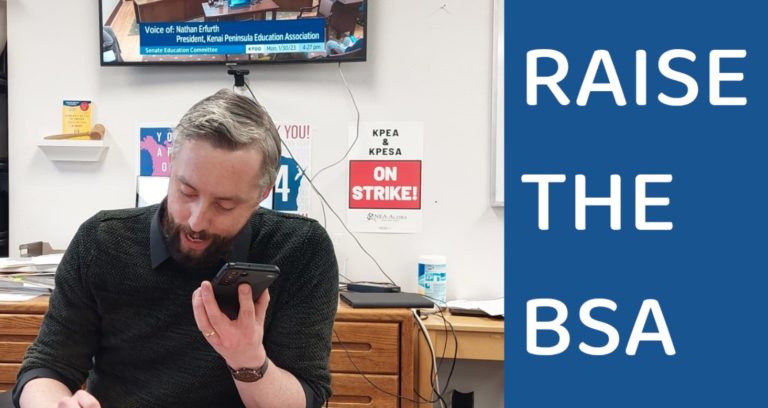By RANDY RUARO
In accordance with the Tenth Amendment of the Federal Constitution and state rights, Congress promised Alaskans that, upon voting for statehood in 1959, Alaska would control resource development decisions on state land and have access to state resources.
Those promises are under attack from within the federal government (Biden Administration) and its’ left-wing political supporters. A battle is going on right now over control of resource development decisions and the ability of Alaskans to work and feed their families.
Alaska and AIDEA, the state’s economic and development corporation, are on the front lines in this fight.
Every time a group surfaces with a catchy Alaskan name claiming a need to stop resource development, jobs, and economic development, Alaskans should ask “Who is paying for this effort to influence public opinion?”
Research by AIDEA and others shines a light on Arabella Advisors and its’ many tentacles as a key player in the world of dark money politics. Connections between Arabella Advisors and influential funds, such as the “New Venture Fund,” and groups like “Salmon State” raise serious questions about the extent of their influence and motives.
Recent reports highlight the influence of foreign billionaires, their donations, and murky financial dealings orchestrated by Arabella Advisors and its “New Venture Fund.”
For example, here in Alaska, Salmon State is funded in part by the New Venture Fund with donors such as George Soros and Swiss billionaire, Hansjörg Wyss. The largest foundations in the world are using this dark money lobbying network to influence policy in Alaska.
In 2018, the New Venture Fund spent $88 million to influence environmental programs. This dark money organization controls media through the “States Newsroom,” which, in Alaska, operates the Alaska Beacon, an online news organization, making it one of the biggest media influencers in the state.
The New Venture Fund is administered and overseen by Arabella Advisors. The New Venture Fund claims to be a tax-exempt non-profit with the IRS. A tax-exempt non-profit is not supposed to engage in partisan politics (IRS Revenue Ruling 2007-41).
The actions of the New Venture Fund, being so egregious in terms of acting as a blatantly political arm of liberal donors, have attracted the attention of prosecutors and are currently under investigation.
Organizations like the New Venture Fund, with hundreds of millions of dollars of donations from rich billionaires want to impose poverty and suffering on Alaska for a political agenda. They are a threat to this state. Because AIDEA’s mission supports resource development, jobs, and benefits Alaskans, it is a target. However, AIDEA’s commitment to jobs and economic development will not waiver.
The fight against dark money political and social engineering is not just a battle for Alaska; it’s a battle for the integrity of the democratic process. Alaskans must rally together to reclaim our autonomy and demand transparency and accountability from those who seek to undermine the promises made by the federal government to Alaska for statehood.
The Alaska Legislature should consider a bill next session placing donor disclosure requirements on entities such as the New Venture Fund and Salmon State to bring dark money connections into the light.
Randy Ruaro is the Executive Director of the Alaska Industrial Development and Export Authority (AIDEA), the State of Alaska’s economic development and finance authority. Ruaro most recently served as Governor Dunleavey’s Chief of Staff and Special Assistant for Statehood Defense. He has over 20 years of experience providing administrative oversight to state agencies and implementing policies supporting resource development, infrastructure, and job growth.








